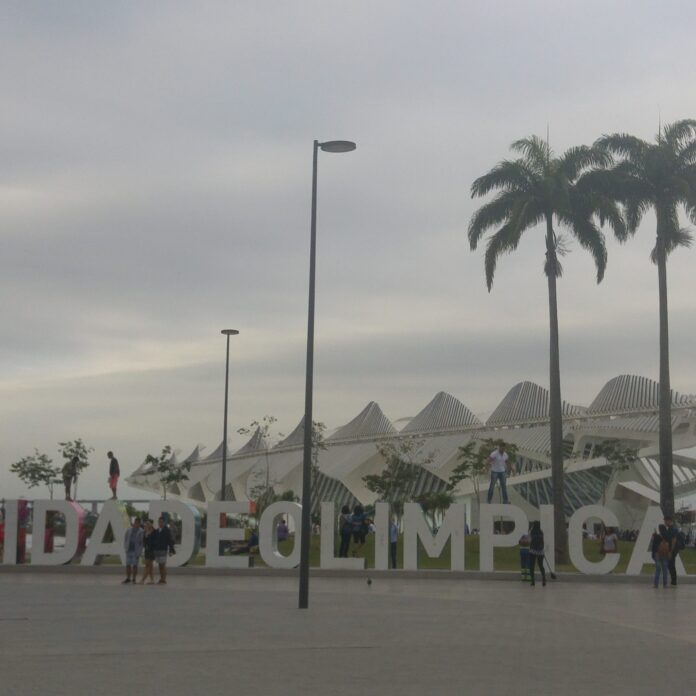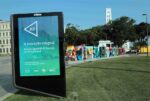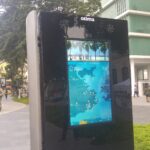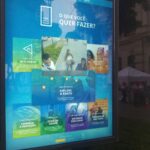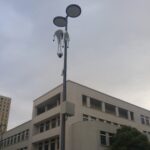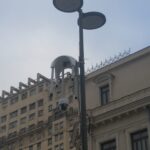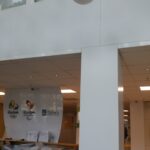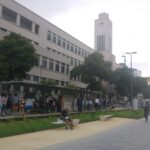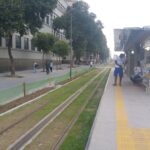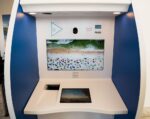RIO DE JANEIRO-Major projects have been delivered by Cisco as part of its commitment to leaving a lasting legacy to Brazil as a supporter of the 2016 Rio Olympics. In a video interview with RCR Wireless News, Nina Lualdi, Cisco’s senior director of innovation for Latin America region, disclosed details of the Porto Maravilha project, which is a revitalized port area where Cisco implemented several internet of things (IoT) solutions.
Cisco is delivering a connected city platform with 15 smart urban services on top. One of them is a system of sensors installed in manholes to inform when it’s full and avoid obstruction and flooding. “Another one is a system that detects sounds and it’s able to discriminate different types of sounds,” she said. Some of these solutions were demonstrated at last year’s Futurecom event by Cisco’s partner PromonLogicalis (check the story here).
The newly renovated port district, in the heart of Rio’s historic center, is expected to the location for an ‘Olympic Boulevard’ that will stretch some 3 km (1.9 miles) along the dock side. The area will feature free public Wi-Fi coverage powered by Cisco reaching about 100,000-square-meters in Porto Maravilha. Visitors will be able to accompany all the Rio Olympics action on big screens, while listening to musicians from Brazil and beyond and enjoying the produce of a wide variety of food trucks and bars.
In addition, four interactive kiosks will provide a citizen collaboration platform and offer interactive experiences to help explore the region and its attractions. For tourism information, Cisco delivered a remote expert solution, so people can interact and exchange information with the RioTur agents in Portuguese and English.
According to Cisco, the stations enable voice, video and data communication. A camera, a tablet and a printer where the users can share documents or content controlled by the agent are also embedded into the station, enabling an enriching experience.
Cisco’s partnership with Rio city officials also provided the creation of a living lab for the development of urban solutions in different areas, like mobility, tourism, education, health, transport and public services.
Another project in partnership with the Museum of Tomorrow (Museu do Amanhã) includes the creation of a Digital Creative Workshop at the Museum’s Activities of Tomorrow Lab. The venue will offer courses, internet of things scripts and creative development kits, as well as provide artistic display panels for the data worked out by the participants.
Click here for more stories about the 2016 Rio Olympics.
Editor’s note: This story is part of a series focused on the technology deployments that support the Rio Olympics.

